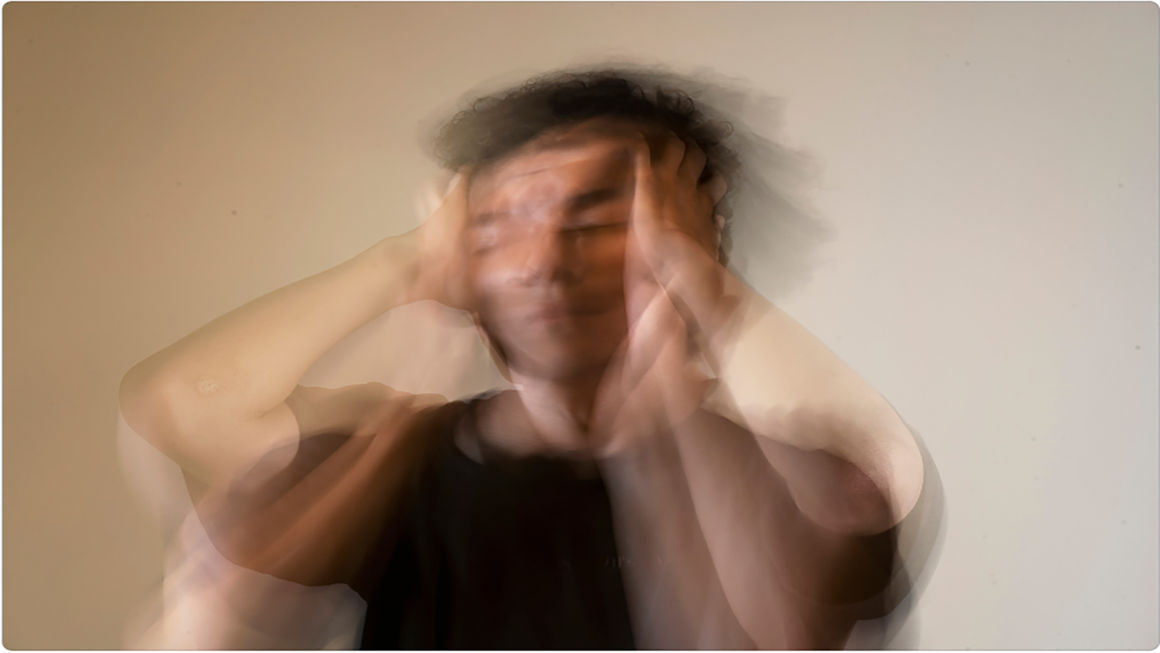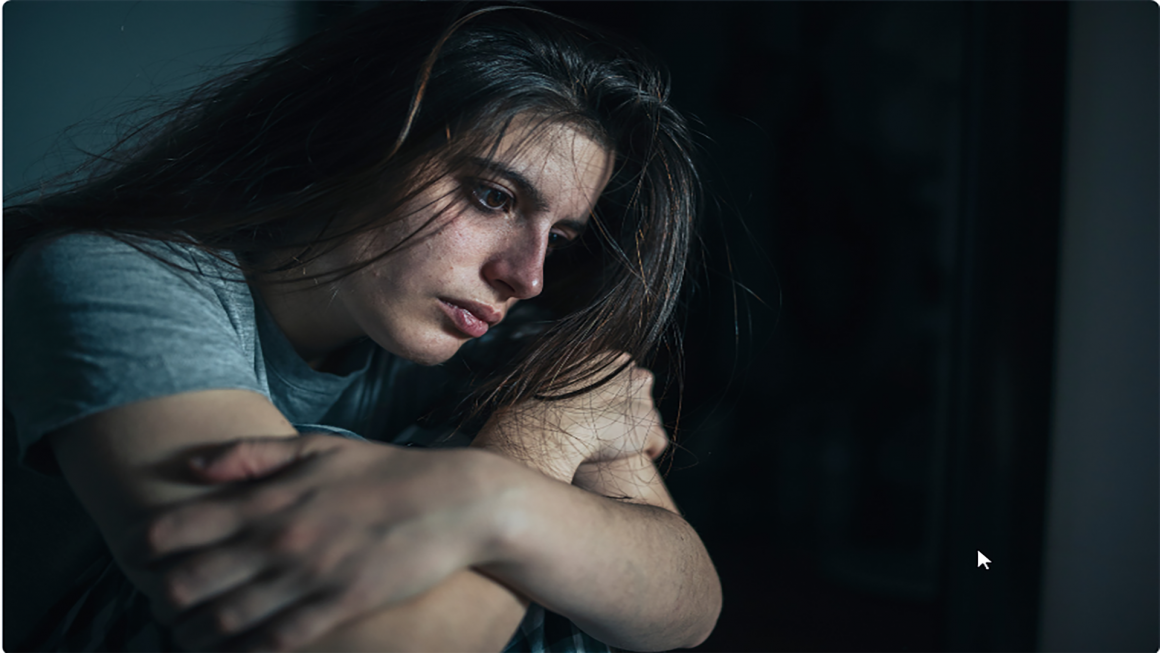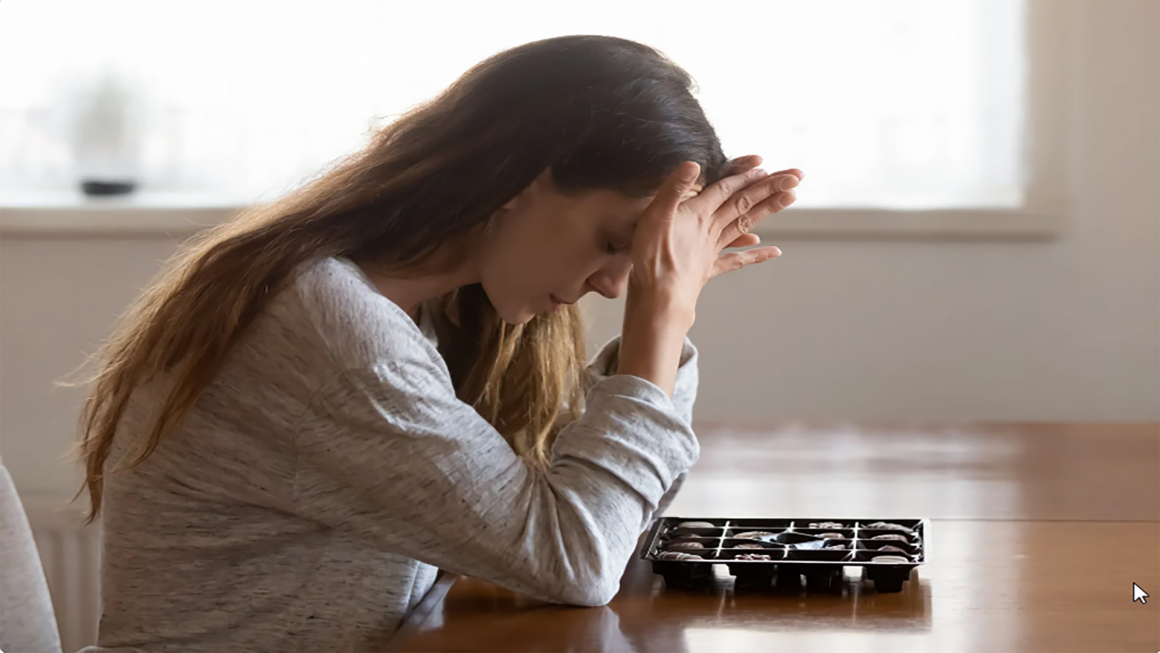40 million Americans have anxiety, so know that you’re not alone.
Anxiety can manifest in many forms, requiring a personalized treatment approach. Understanding the type of anxiety you are experiencing can help you get the care that is right for you. By nature, seeking treatment for adult anxiety can be anxiety-inducing in itself, leading many individuals to forgo meeting with a Raleigh psychiatrist. Our practice is centered around evidence-based care and creates a supportive and comfortable environment for your care.
Anxiety is your body’s natural response to stress. It’s a feeling of fear or apprehension about what’s to come. The first day of school, going to a job interview, or giving a speech may cause most people to feel fearful and nervous
Anxiety is a normal and often healthy emotion. However, when a person regularly feels disproportionate levels of anxiety, it might become a medical disorder. Anxiety disorders form a category of mental health diagnoses that lead to excessive nervousness, fear, apprehension, and worry.



